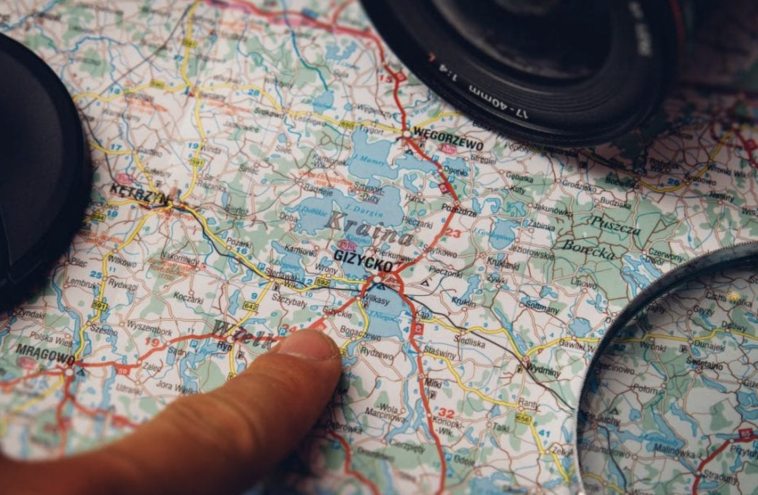Traveling abroad can be an exciting and enriching experience. However, language barriers can pose a significant challenge, especially if you don’t speak the local language fluently.
The inability to communicate effectively can lead to misunderstandings, frustration, and even danger. Fortunately, there are several ways to overcome language barriers while traveling, and this article will explore some of them. From a Milan luggage storage kiosk to a coconut stand in Belize, these tips will help you out anywhere in the world.
Learn Some Basic Phrases
Even if you can’t become fluent in a new language before your trip, learning a few essential phrases can make a significant difference.
Basic phrases like “hello,” “thank you,” “excuse me,” and “please” can go a long way in establishing a connection with the locals and showing that you are making an effort to communicate. You can find language learning resources online or download language learning apps to help you practice and learn new phrases.
Simply showing you care to speak the language counts for a lot, and the locals will be more eager to help you navigate a situation with this established.
Use Visual Aids
Visual aids like pictures, maps, and diagrams can help you communicate effectively, even if you don’t speak the local language. For example, if you’re trying to order food in a restaurant, pointing to pictures of the dishes on the menu can help you convey your preferences.
Similarly, using a map to indicate your destination to a taxi driver can make it easier for them to understand where you want to go. Get comfortable using props and images to communicate more clearly, even if you feel like a total beginner.
Imagery will also help you find key waypoints when traveling, such as Milan luggage storage kiosks featuring a shield or baggage logo.
Utilize Technology
Technology has made it easier than ever to overcome language barriers while traveling. Translation apps like Google Translate and iTranslate can translate text, voice, and even images in real-time, making it easier to communicate with locals.
You can also use language learning apps to improve your language skills while on the go. However, keep in mind that technology is not always reliable, and it’s always better to have some basic language skills as a backup.
On the flip side, too much tech use can detract from the immersion of your experience abroad, so make sure not to lean too heavily on translators to get the most from your journey.
Speak Slowly and Clearly
When communicating with locals who don’t speak your language, it’s essential to speak slowly and clearly. This makes it easier for them to understand what you’re saying, and it can also help you avoid misunderstandings. More importantly, listen to how locals use certain words and phrases and don’t hesitate to incorporate them.
Additionally, avoid using slang or complex language that may be difficult for non-native speakers to understand. This will help you reflect and improve upon your own communication skills and may even help you in your personal or professional life.
Use Body Language
Body language is another effective way to communicate without words. Nonverbal cues like hand gestures, facial expressions, and posture can convey meaning and help you establish a connection with locals.
For example, a smile can be a universal symbol of friendliness, while nodding your head can indicate agreement or understanding. When in doubt, keep your body language open and pleasant, since this will get you far in any culture worldwide.
Be Patient and Respectful
Finally, it’s essential to be patient and respectful when communicating with locals who don’t speak your language. Remember that it’s not their fault that you don’t understand each other, and getting frustrated or angry will only make the situation worse. Instead, take the time to listen carefully, and try to understand what they’re saying through context and nonverbal cues.
Additionally, showing respect for the local culture can help you build trust and establish a positive relationship with locals. This will serve you well when dropping your bags off at a Milan luggage storage center or ordering a cappuccino when waiting for your train.
Don’t Let Language Hold You Back When Traveling
In conclusion, language barriers can be a significant challenge when traveling abroad, but they don’t have to ruin your experience.
By learning some basic phrases, using visual aids, utilizing technology, speaking slowly and clearly, using body language, and being patient and respectful, you can communicate effectively with locals and make the most of your trip.
Remember, language barriers can be an opportunity to learn about new cultures and connect with people in new and exciting ways. Instead of avoiding them, embrace the chance to expand your comfort zone and be a shining example of a globally connected citizen.




